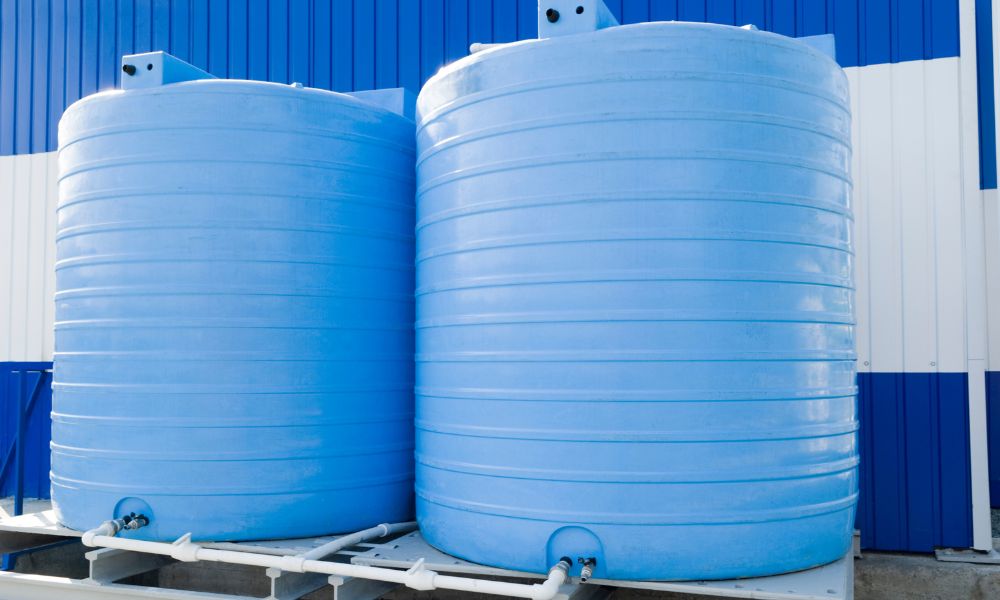If you’re dealing with chemicals of any kind—cleaning or transporting—you need the proper training to prevent any hazards from occurring. Here are some general rules and regulations on plastic chemical tank maintenance.
Inspections
Because you are dealing with potentially dangerous chemicals, regular inspections are an essential best practice to keep things running efficiently. This is to prevent anything dire from happening. Maintain a tight schedule for conducting reviews—they can occur weekly, bi-weekly, or monthly. Due to the toxic nature of these tanks’ contents, it’s best to frequently inspect them.
Sufficient Ventilation
Whenever you’re storing chemicals, especially in tanks, you want sufficient ventilation. This means storage areas have fully opened air ducts, a cooling system, windows, or doors that are up to ventilation codes. If the storage does not meet the codes, you cannot operate in your facility until you fix this problem.
Protection
Alongside the general inspections should be a thorough inspection of pipe fittings, connection ports, pipes, and any seal or covering. These spots can all contain corrosion. If you find any breakdown, you must immediately clean or replace it.
Storage
When storing chemicals in plastic tanks, you want to keep a few things in mind. It’s best to avoid moisture at all costs. Water promotes mold growth, and the humidity in the air can cause chemical reactions in the tanks, leading to corrosion. There should be warning signs around the facility and on the tanks themselves to provide adequate information on the danger of the area. A plastic tank manufacturer should supply these labels. If not, you can call the manufacturer and they will ship them to your business.
This has been all you need to know about plastic chemical tank maintenance. This may not be a light topic, but it’s important to know if you want to do it yourself.




